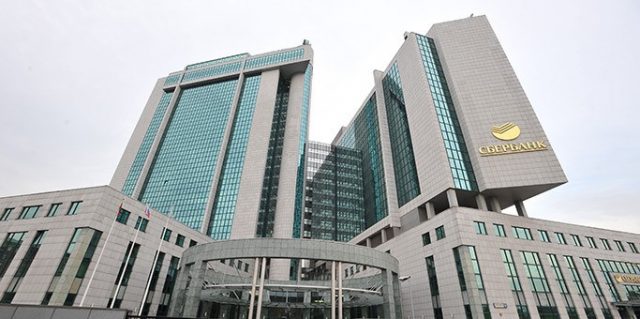
Russia’s Sberbank Prepares to Launch ICOs

Russia’s state-run Sberbank has completed its first ICO, a test conducted in a technological sandbox (software used to test protocols before they’re launched in the real world). The Central Bank of Russia created the sandbox in April, amidst speculation that the country could release its own official digital currency. Now that the ICO has been deemed a success, this looks more likely than ever. Sberbank and the National Settlement Depository are ready to offer their services to real ICO clients.
The trial ICO was conducted by LevelOne, a major lecture venue in Moscow. LevelOne sent almost 300,000 digital tokens via the MasterChain platform to a settlement account, much like a real ICO would send tokens to an investor’s Ethereum wallet. The tokens were then used to make a mock purchase, and then they were destroyed.
According to Sberbank, the system is ready to run real ICOs, and their customers have expressed interest in this fundraising model. Though this ICO launching channel would have public ties, many of these ICOs would be tied to businesses within the private sector.

However, before any of this can happen, Russian lawmakers have to agree on a certain piece of cryptocurrency legislation. The bill in question is being considered by the Duma, the lower house of the Russian Federal Assembly. The bill is controversial. Government and industry players have indicated that crypto regulations may be ineffective. According to the Duma’s Anatoliy Aksakov,
“Blockchain is a cross-border phenomenon by its nature. Take Bitcoin, for instance: We can establish regulatory rules, but they won’t work. That’s why it’s vital to understand our area of influence, to know the aspects that can be regulated, and then develop the legislative framework that will set the rules of the game and ensure adequate investor protection.”
At this point, it seems likely that debate will last well into this winter, but also that ICOs will be made legal in some form. At the very least, lawmaker discussion about the technology has not seemed hostile.
Does this make it any more likely that Russia will issue a state-run cryptocurrency? The cryptocurrency media has heard little about this concept since Ethreum’s Vitalik Buterin met with President Vladimir Putin in June of last year. Venezuela has proven that a national government can issue a cryptocurrency (though not that it will necessarily be effective). Would a state-run digital currency be a useful tool in Russia’s icy economy?
It’s more likely that a liberalized ICO policy will help stitch Russia more fully into the international blockchain fabric. Russian citizens will find it easier to take part in ICO investing, and the Russian blockchain projects that frequently target Western buyers will be more likely to succeed on their own home soil.